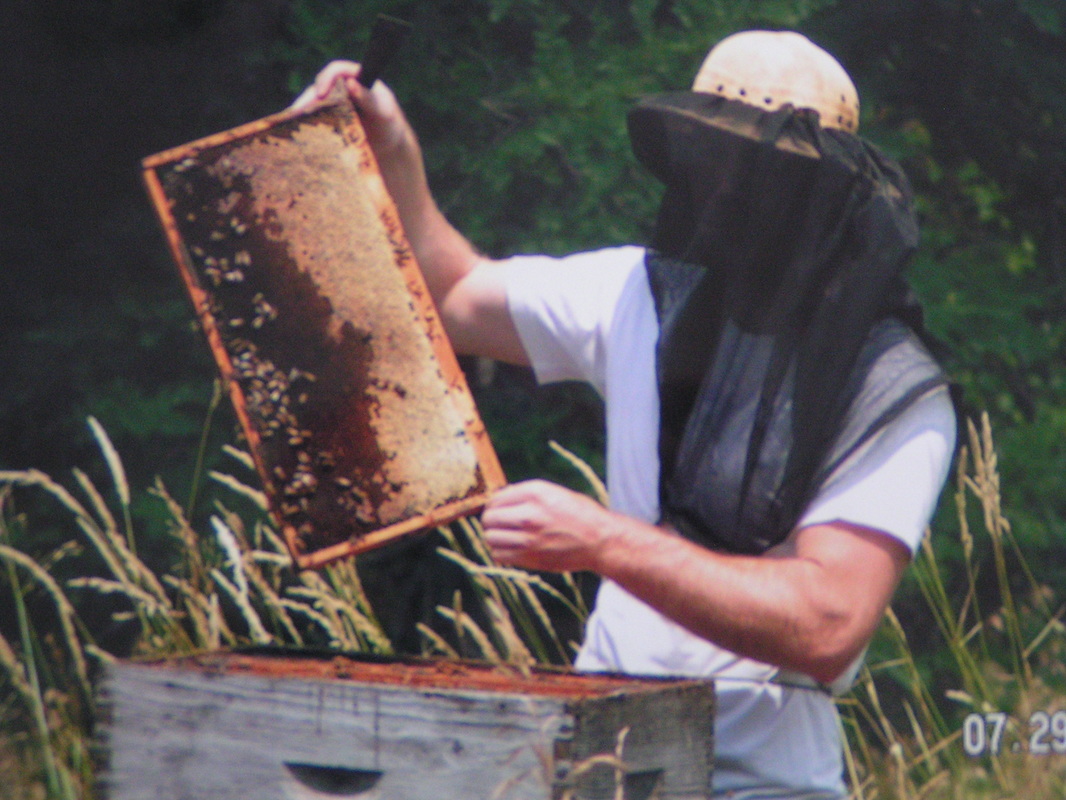Dr Miriam Hurst said no-one had done studies in New Zealand but overseas data indicated between 0.5 per cent and 1 per cent of the population had a generalised reaction to bee stings...
Looking at overseas studies, the people who died from stings generally tended to be people with asthma and people who did not get adrenaline.
Most were stung on the foot, in the afternoon.
Those people who had a milder reaction to bee or wasp venom but had asthma and lived a long way from medical treatment were also advised to carry adrenaline and have an allergic-reaction plan."
Bee sting fatalities rare, says doctor
SALLY KIDSON

 RSS Feed
RSS Feed
